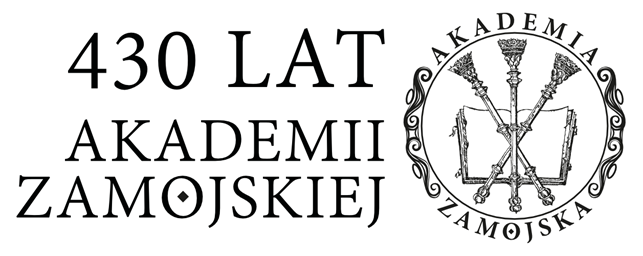Great Powers and the Polish question at the dawn of Poland’s Second Independence
Grzegorz Kucharczyk
Abstract
The article analyses attitudes of Great Powers (Germany, Russia, USA, Great Britain and France) towards Polish independence at the turn of 1918 and 1919. The author stresses the fact that both Germany (the Second German Reich and the Weimar Republic in statu nascendi) and bolshevik Russia strongly opposed reemergence of independent Polish state. Berlin viewed it as threat to its Eastern provinces and Moscow perceived it as an obstacle towards uniting two revolutions: Russian and German. As far as the Western allies are concerned, the USA stood for „united and autonomous“ Poland but – as it is argued in the article – it did not necesserily mean the backing of Polish territorial postulates aiming at reuniting with Poland all lands which were annexed during partitions. The British while making endeavours not to weaken Germany too much, empasized their (i.e. David Lloyd George’s) disbelief in Poles‘ ability to build and govern their own independent state in the long run. France was not strong enough to effectively back Polish postulates and Paris still cherished hopes that a new „white“ government would be established in Russia as France’s first option, as far as Eastern alliance and counterweight to Germany was concerned.
Keywords:
Great Powers, Polish independence, diplomatic history, Germany, Russia, France, Great Britain, the USAMost read articles by the same author(s)
- Grzegorz Kucharczyk, Germany towards Poland and Russia in 1920 , Fides, Ratio et Patria. Studia Toruńskie: No. 13 (2020): IN THE FIGHT FOR FREEDOM AND PRESERVATION OF INDEPENDENCE
Details
References
Statistics
Authors
Citation rules
Licence

This work is licensed under a Creative Commons Attribution-NonCommercial-ShareAlike 4.0 International License.


 Język Polski
Język Polski
 English
English
 Русский
Русский
 Slovenčina
Slovenčina
 Hrvatski
Hrvatski
